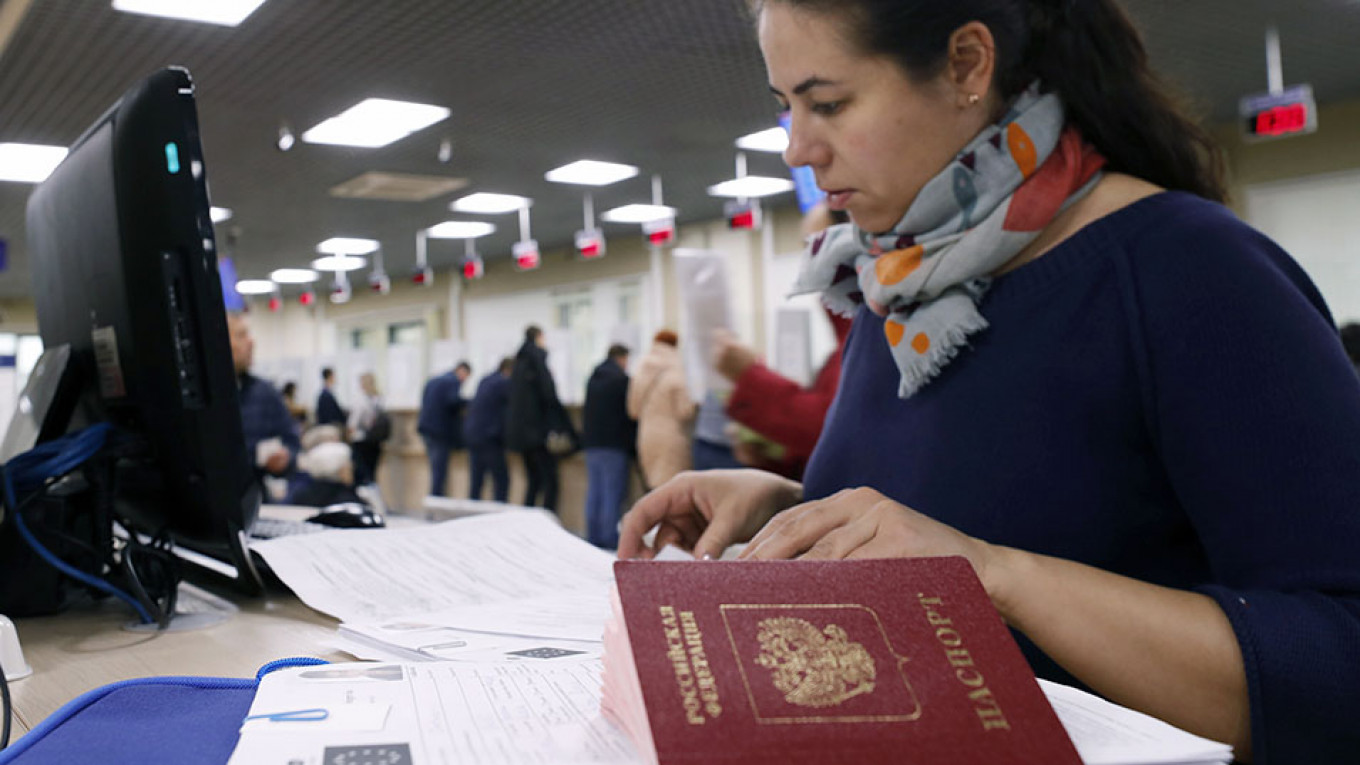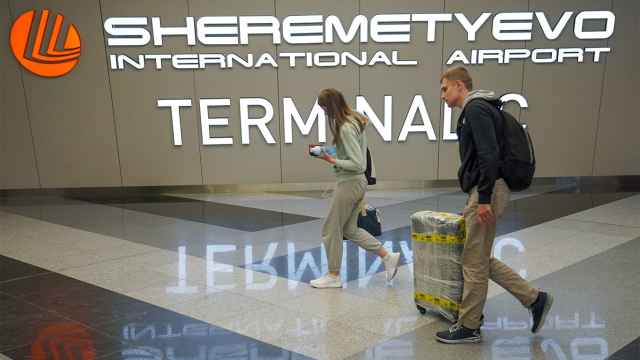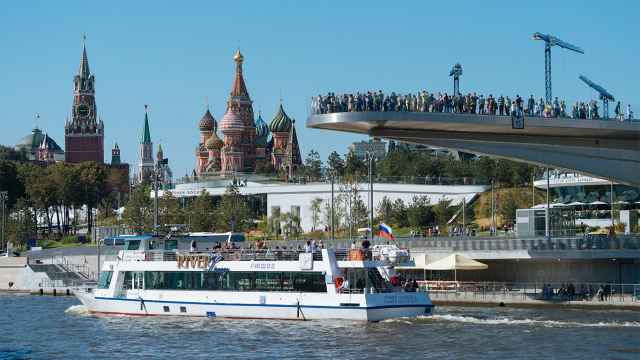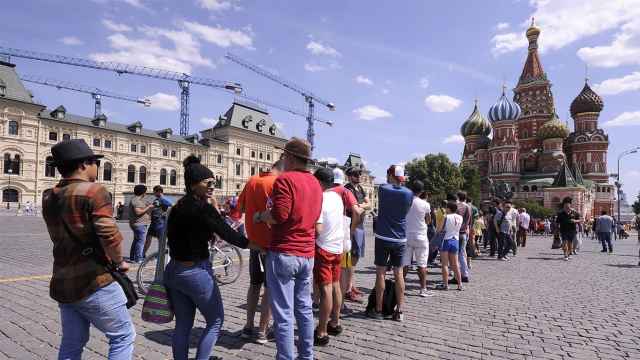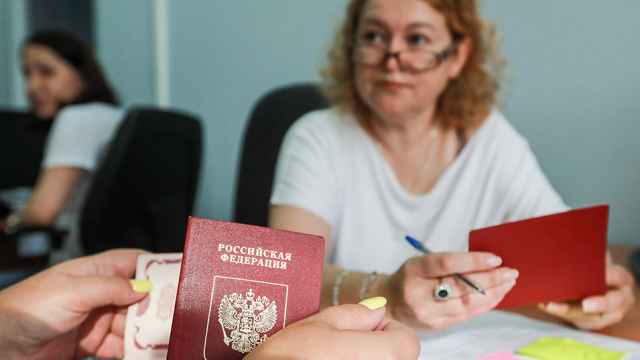Citizens of 53 countries will be able to apply for simplified, low-cost electronic visas to visit Russia starting next year, a senior official has said in an interview published Thursday.
The 16-day e-visas will go into effect Jan. 1, 2021, for citizens of the European Union and different countries in Southeast Asia, the Middle East and Latin America.
U.S., British and Canadian passport holders are not yet eligible for Russian e-visas due to geopolitical friction, Deputy Foreign Minister Yevgeny Ivanov told the Kommersant business daily. He pointed to cases of Russian diplomats waiting up to two years to get visas to the U.S. as a particular grievance.
“The decision to include a particular country in the list was made taking into account a number of factors, including their visa policy toward Russian citizens,” Ivanov was quoted as saying.
“Any adjustment of the list is not expected at this stage,” he added.
Russia could someday add Britain, the U.S. and Canada to the list of countries whose citizens are eligible for free e-visas “if visa dialogue with these states normalizes.”
President Vladimir Putin has promised to offer e-visas to foreign visitors starting in 2021 as he vies to collect $15.5 billion in annual tourism revenue by 2024. Tourists around the world have frequently cited difficulties with obtaining visas as a barrier to visiting Russia.
Potential tourists are directed to apply for electronic visas on the Russian Foreign Ministry website no later than four days before their arrival. Applicants will not be charged a consular fee. Ivanov confirmed previous reporting that the government will charge a $50 collection fee for each visa that will go into Russia’s budget.
The offer will be open to citizens from countries including China, India, Indonesia, Japan, Mexico and Singapore, among others.
Since 2017, passport holders from 18 countries have been able to obtain free single-entry e-visas to visit Russia’s Far East Federal District. In 2019, the e-visa offer was expanded to travelers visiting St. Petersburg and Russia’s Western exclave of Kaliningrad.
A Message from The Moscow Times:
Dear readers,
We are facing unprecedented challenges. Russia's Prosecutor General's Office has designated The Moscow Times as an "undesirable" organization, criminalizing our work and putting our staff at risk of prosecution. This follows our earlier unjust labeling as a "foreign agent."
These actions are direct attempts to silence independent journalism in Russia. The authorities claim our work "discredits the decisions of the Russian leadership." We see things differently: we strive to provide accurate, unbiased reporting on Russia.
We, the journalists of The Moscow Times, refuse to be silenced. But to continue our work, we need your help.
Your support, no matter how small, makes a world of difference. If you can, please support us monthly starting from just $2. It's quick to set up, and every contribution makes a significant impact.
By supporting The Moscow Times, you're defending open, independent journalism in the face of repression. Thank you for standing with us.
Remind me later.


